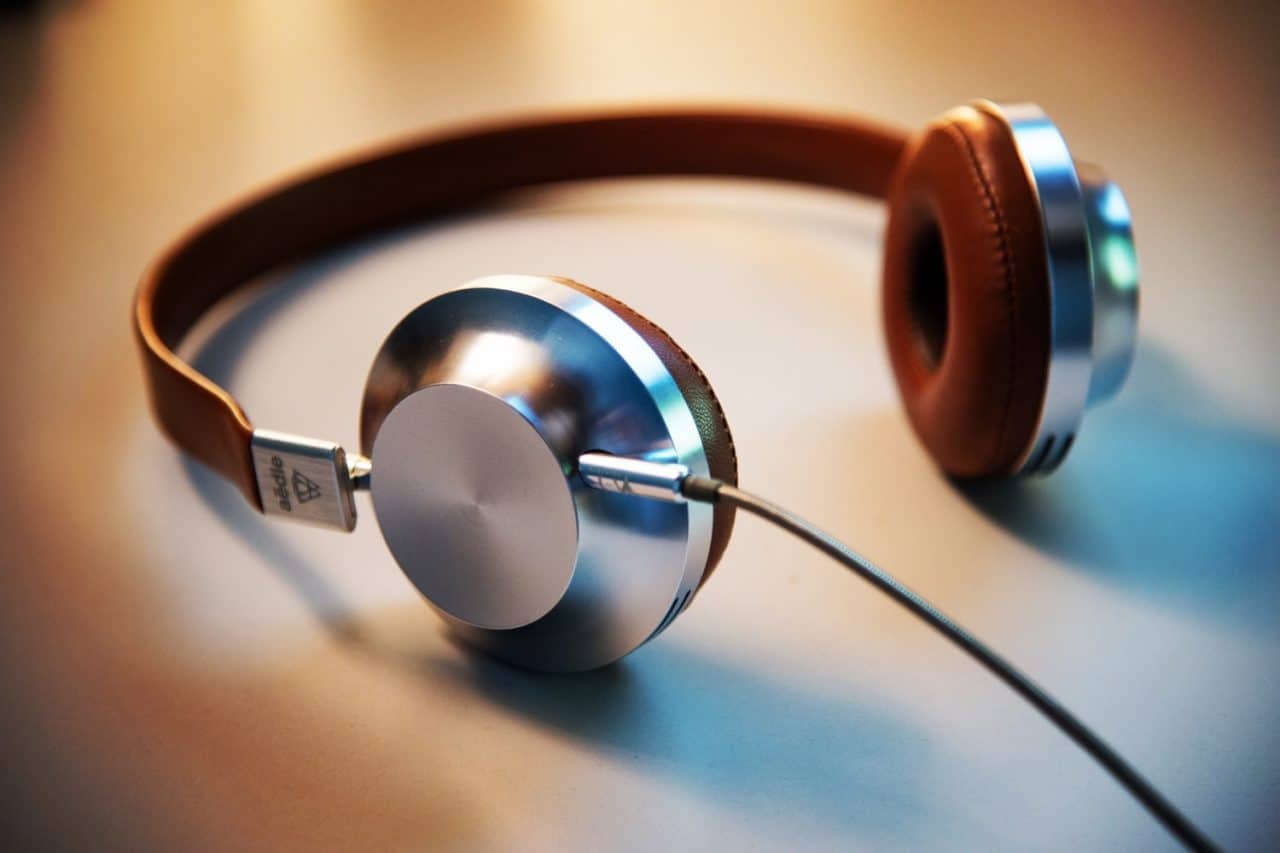While there is nothing you can do about your genetics or getting older, there is one cause of hearing loss you can do something about – exposure to noise. Below we review four things you can do protect your ears.
Understand Noise-Induced Hearing Loss

Sound is measured in decibels (dB). Anything measuring more than 85 dB can cause damage to the delicate hair cells within your inner ear. These hair cells are responsible for converting sound vibrations into electrical impulses, which are passed through the auditory nerve to the brain to be interpreted as sound. Unlike hair on other parts of your body, the hair cells within your ears do not continue to grow. This means that all damage is permanent.
The National Institute on Deafness and Other Communication Disorders (NIDCD) has put together this list of the average decibel ratings of some common sounds:
- Normal conversation: 60-70 dB.
- Movie theaters: 74-104 dB.
- Motorcycles: 80-110 dB.
- Sporting events: 94-110 dB.
- Sirens: 110-129 dB.
- Fireworks: 140-160 dB.
The length of time you are exposed to a sound also affects the amount of damage to your hearing. The longer the exposure, the more likely you are to develop hearing loss.
Be Aware of the Sounds Around You
Once you understand which sounds can cause damage, you will begin to notice how loud the world around you is. From commuting to work to walking by a construction site on Turnpike Road, many of the sounds in your daily life may be putting your hearing at risk.
Monitor Your Earbud Usage
Most people listen to music, TV, podcasts, etc. with headphones. You should know that it is very easy to turn up the volume to an unsafe level without thinking about it. The best way to prevent this is to always start with your volume all the way down and raise it up slowly until you reach a comfortable listening level.
In addition to the volume you listen at, what you listen with is important. Over-the-ear headphones are much safer than the in-ear style earbuds. This is because the closer a sound is to your eardrum, the louder it sounds. This increases your risk of damaging your hearing.
Utilize Ear Protection
While the best way to keep your ears safe is by avoiding exposer to loud noises, sometimes they are unavoidable. If this is the case, wearing ear protection can help keep your hearing safe.
Disposable earplugs are available at any pharmacy. If you are frequently exposed, you may consider investing in a custom fit set. Since they are created from a mold of your ear, they offer a better fit and better protection. To learn more about protecting your hearing or to schedule an appointment with a hearing expert, contact Chelmsford Hearing Group today.